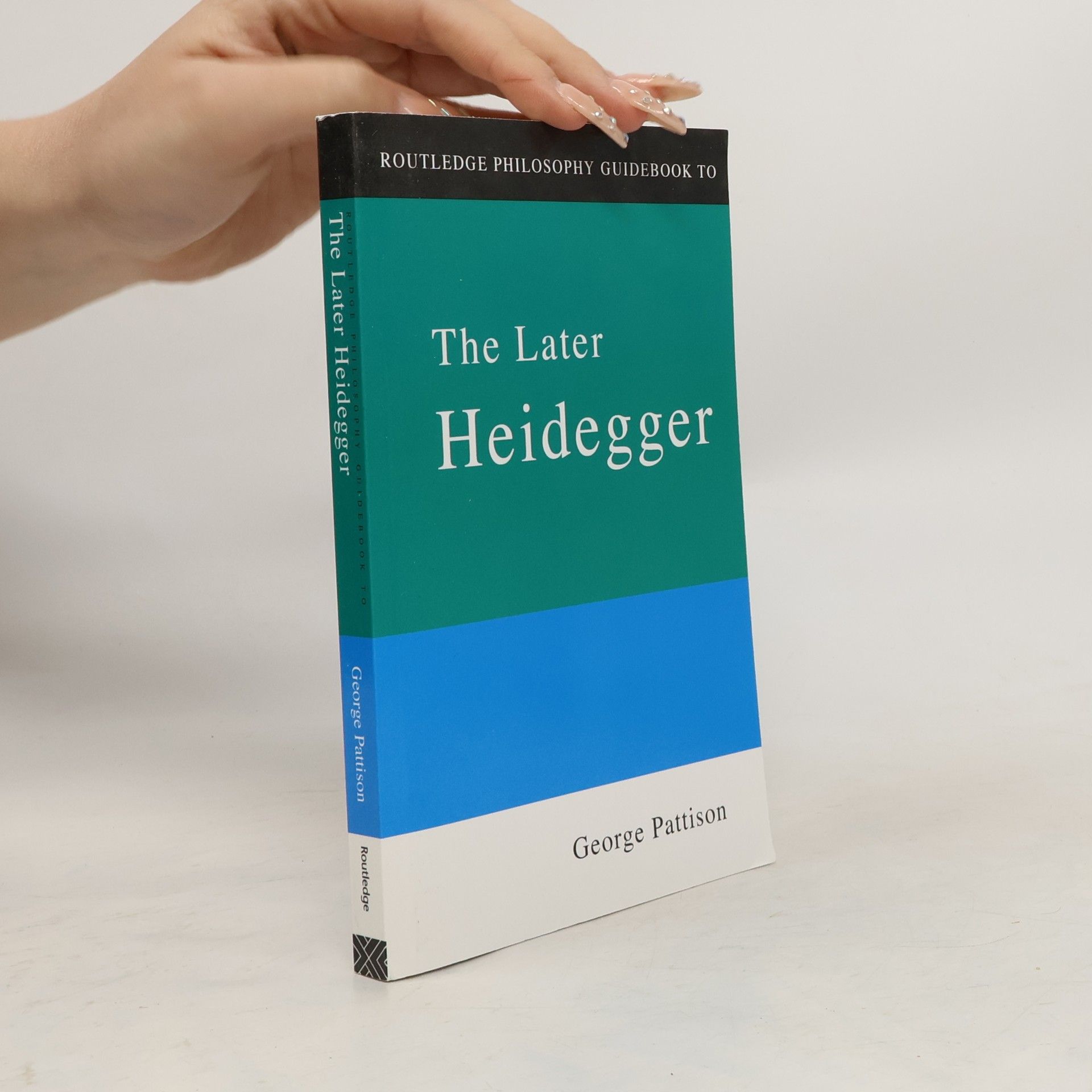Exploring the intersections of mysticism and existentialism, this book examines their definitions and the influence of mysticism in late nineteenth and early twentieth-century German and French philosophy. It highlights key thinkers and ideas that shaped these movements, offering insights into how mysticism informed existential thought during this transformative period in intellectual history.
George Pattison Book order (chronological)



The Philosophy of Kierkegaard: Volume 7
- 240 pages
- 9 hours of reading
The exploration of Soren Kierkegaard's thought reveals his significant influence on German philosophy and French existentialism, despite challenges in interpreting his work due to his strong religiosity. George Pattison's survey delves into key themes such as existence, anxiety, and the quest for self-knowledge amid moral uncertainty. He argues that Kierkegaard's insights on the absolute paradox and qualitative differences remain relevant in contemporary discussions, highlighting the enduring importance of his philosophy in understanding the complexities of modern life.
Routledge Philosophy Guidebook to the Later Heidegger
- 248 pages
- 9 hours of reading
Focusing on Heidegger's later philosophy, this guidebook provides an accessible introduction to his complex ideas about technology, art, and the nature of thinking. It explores significant works that have shaped contemporary thought, making it a valuable resource for understanding Heidegger's influence and the intricacies of his later theories.